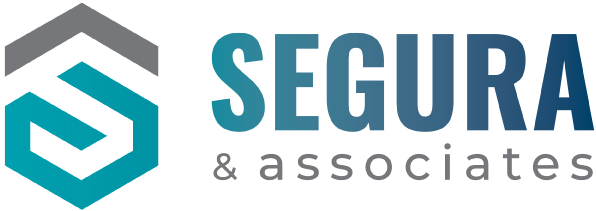To address the coronavirus situation, cleaning contractors must now take a variety of steps to keep their staff healthy. The list below should help, but I encourage contractors to spend time with their cleaning workers, watching how they perform their cleaning duties. All their activities should be designed to protect their health.
As to other steps you can take, here are my recommendations:
Do not wear masks. Surgical masks will not protect workers from the virus. In fact, they often cause people to touch their faces more frequently to adjust the mask. If germs are on their hands, they can be transferred to their eyes, nose, and mouth.
Remove gloves properly. Most cleaning workers know the importance of wearing gloves on the job. But they may not know how to remove them properly. Removing them correctly prevents pathogens that collect on the gloves from transferring to hands and skin? To remove gloves, pull one end of each glove, one at a time, and allow the glove to fold over the hand and into the trash can.
Do not substitute hand sanitizers for handwashing. Sanitizers are designed to kill pathogens on the surface of the hand. They do not remove them, nor are they likely to reach pathogens embedded in the crevices and folds of the skin. Only use sanitizers when soap is not available.
Proper handwashing. Hand washing must be performed for twenty seconds or more to remove pathogens from the hands. Further, cleaning workers should wash their hands before beginning work, frequently while working, before breaks, and upon leaving the job site. Here’s an instructional video from the World Health Organization that shows proper handwashing procedures.
Handshakes are out. We know coronavirus is primarily transferred between people. One way this happens is by handshaking. During this crisis, shaking someone’s hand is not ill-mannered. In fact, it is recommended.
Clean smartphones. Cleaning workers now use their smartphones for many cleaning related tasks. In addition, many of the latest software programs intended to improve cleaning efficiencies and effectiveness are designed to work on smartphones. These smartphones should be cleaned each day with disinfecting wipes.
Keep cleaning equipment clean. Multiple workers share many of the cleaning tools used in professional cleaning. This increases the likelihood that pathogens may transfer to these tools from many different hands or contaminated gloves. When was the last time your mop poles were wiped clean? How about the handles on vacuum cleaners, floor machines, or carpet extractor wands?
In the professional cleaning industry, these are our “high-touch” areas. They must now be wiped down frequently using sanitizing wipes.
Protective gear. According to ISSA, protective gear should be worn based on an assessment of the risk at hand and how effective they might be in protecting the worker. With the coronavirus, protective gear might include wearing N-95 respirators, eye protection, face shields, and disposable gowns. If cleaning any type of medical facility, protective gear should be considered. However, wearing protective gear other than gloves is probably not necessary in most cleaning situations.
Finally, cleaning workers are advised not to come to work if they do not feel well, and if this continues for more than two or three days, they should see a doctor. Your cleaning workers are now accustomed to working as a team to perform their cleaning duties. Now they must also be a team, protecting each other’s health.
Ron Segura helps cleaning contractors grow. He has over 50 years of experience in all segments of the professional cleaning industry including ten years as Manager of Janitorial Operations for Walt Disney Pictures and Television. To contact him, call 650-315-8933..

